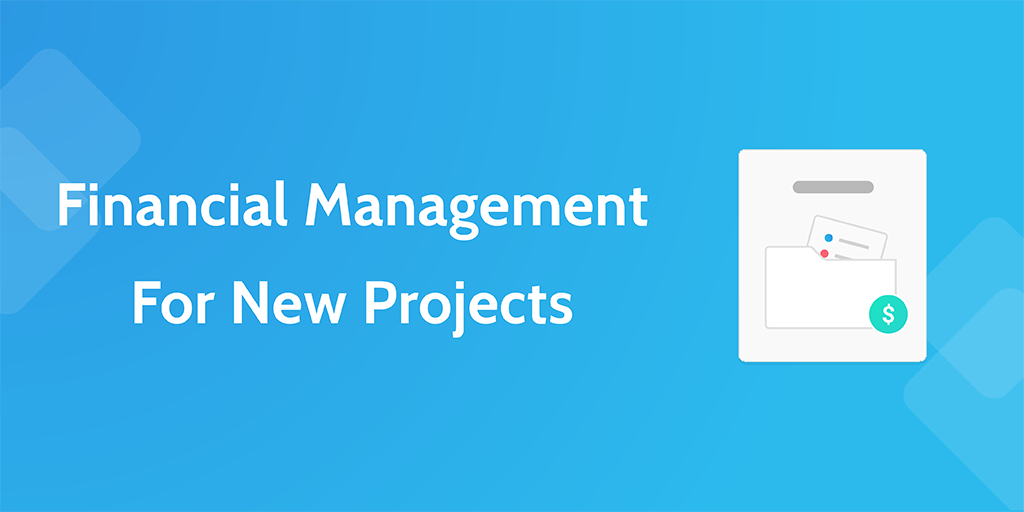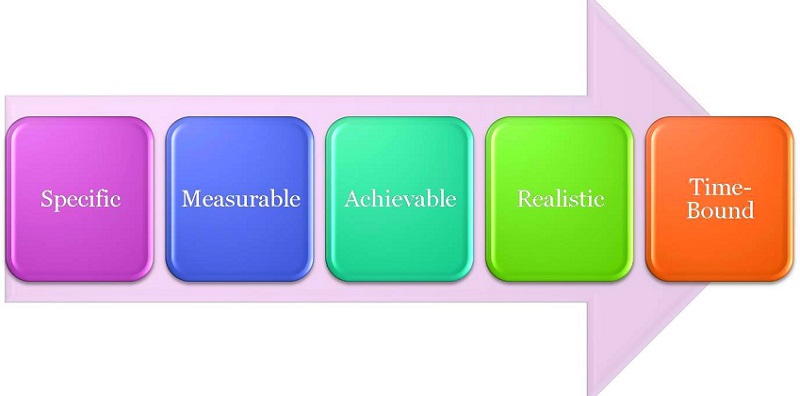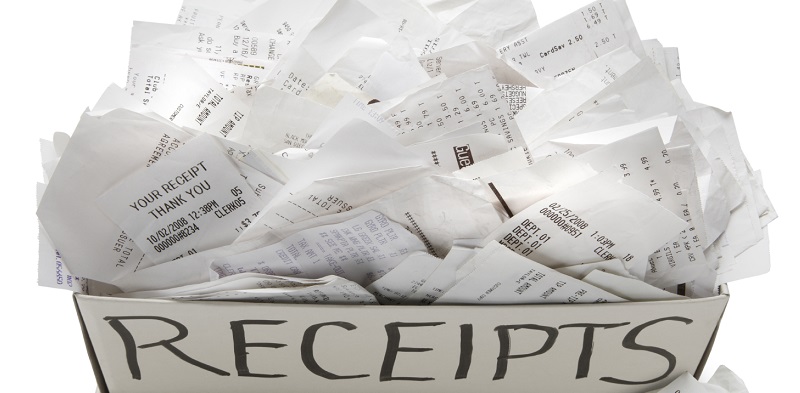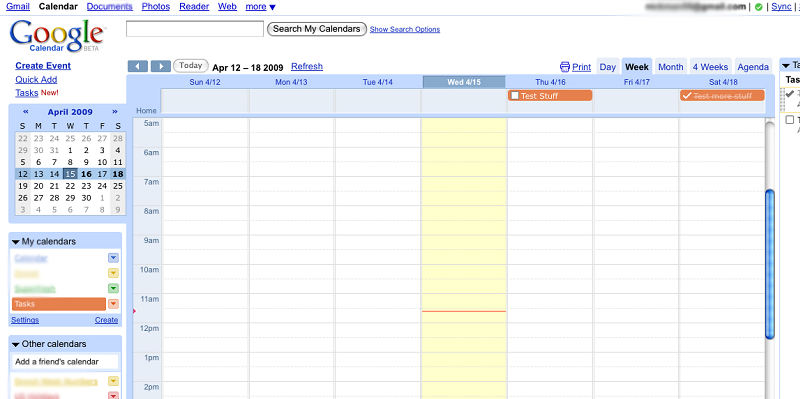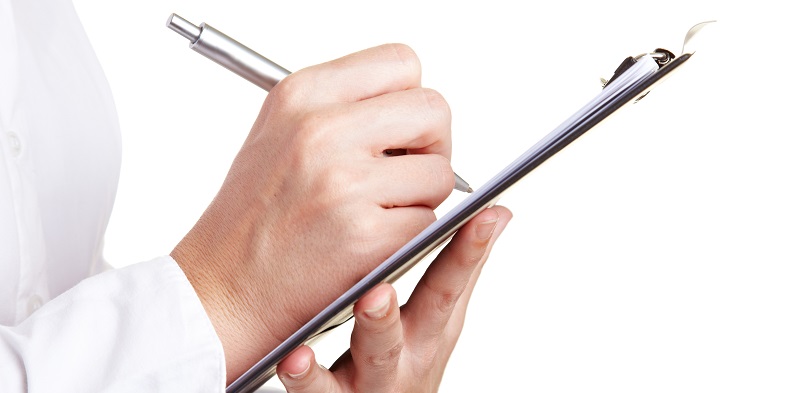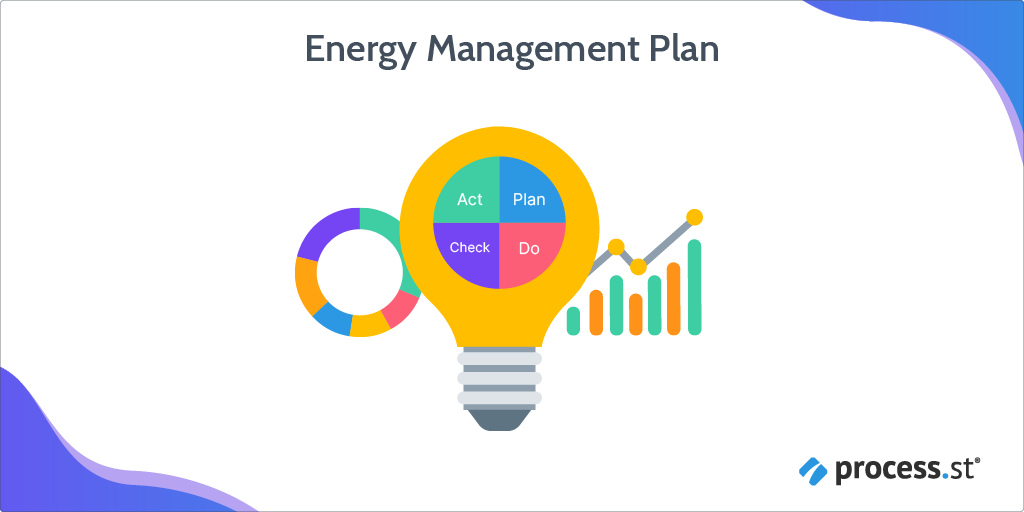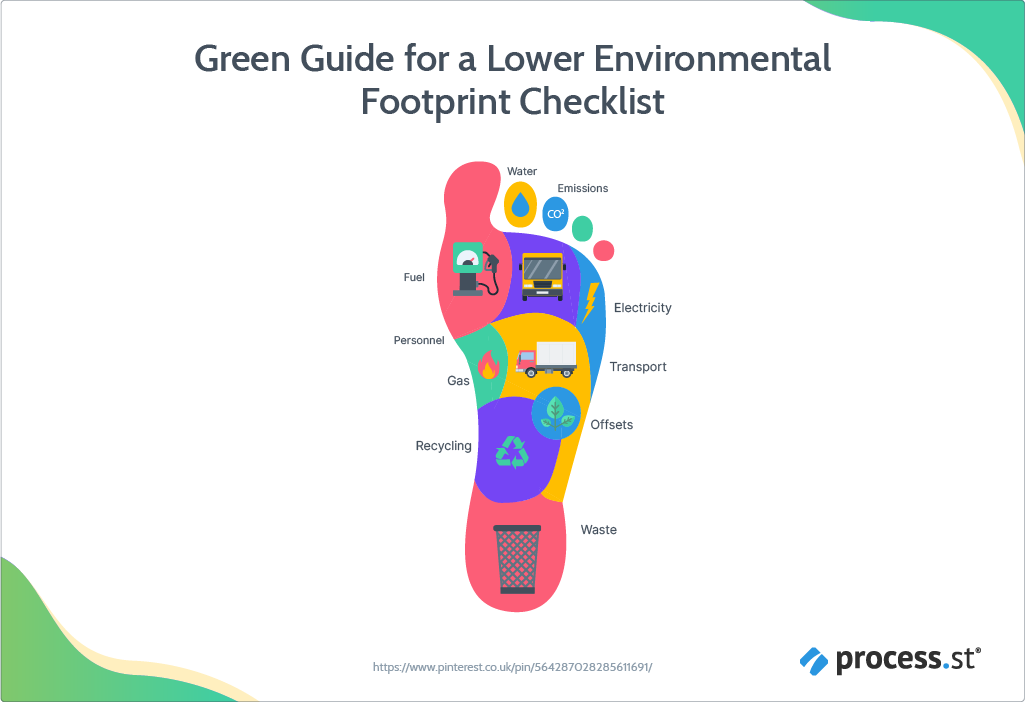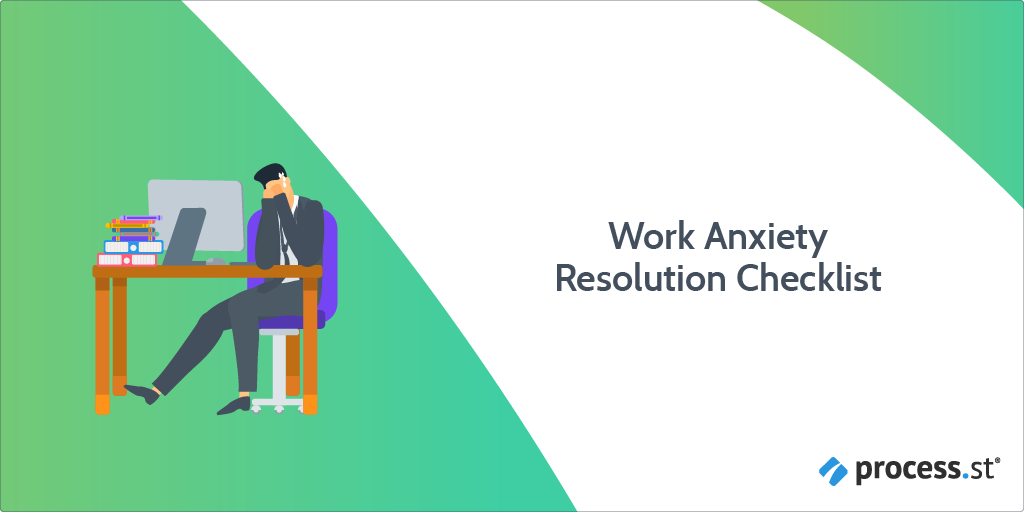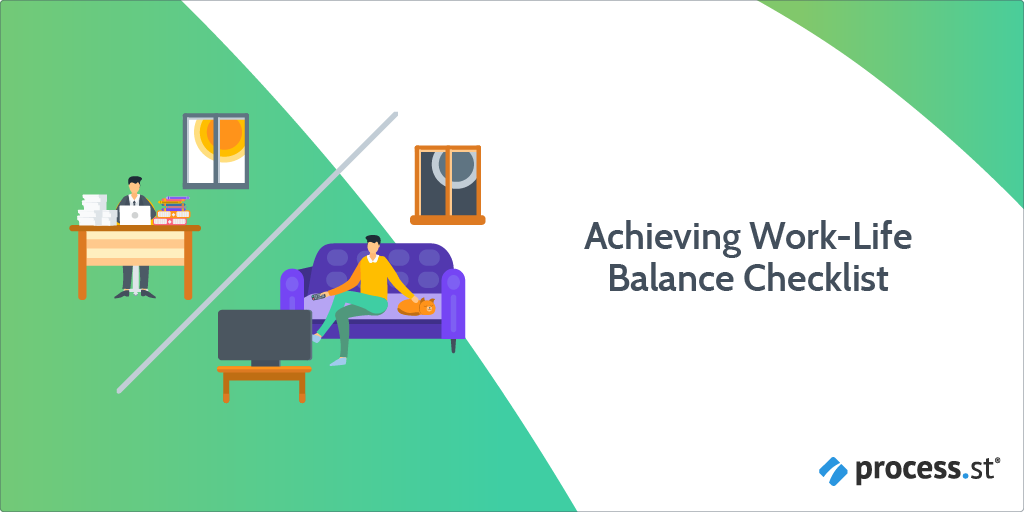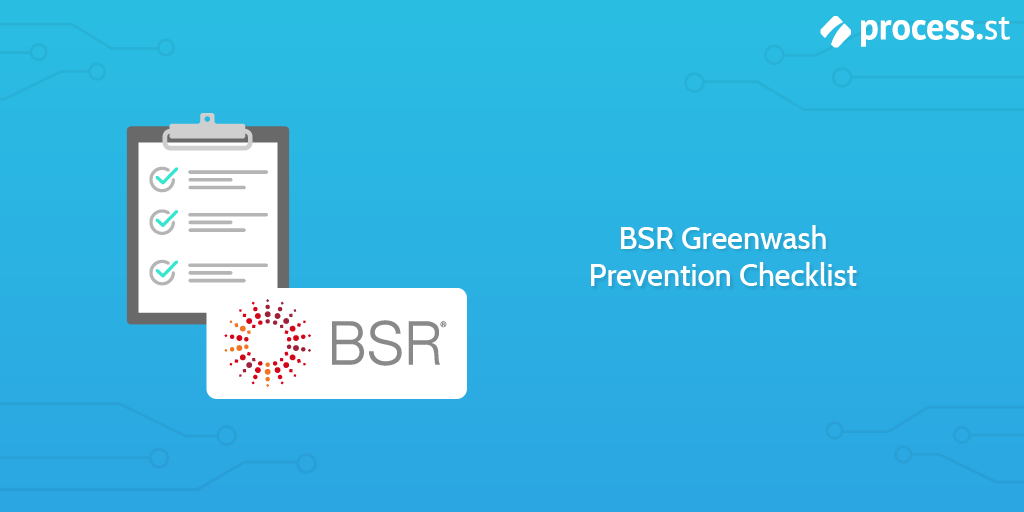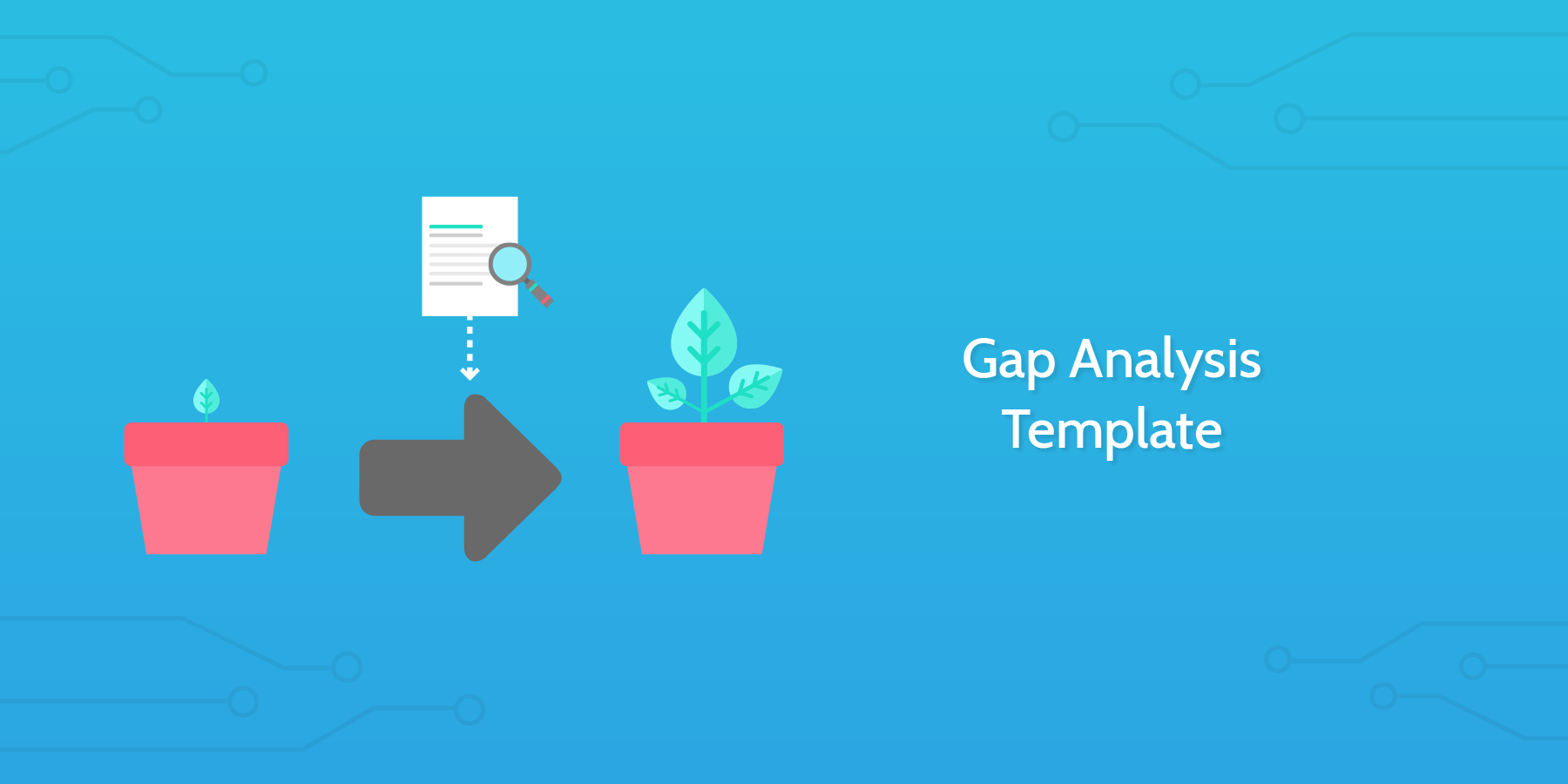Next up, the project must be confirmed to be on budget. During this process, the project manager must confirm that:
Note: The Project Manager may have authority to approve only budgeted expenditures.
Unbudgeted expenditures over a certain limit may require the approval of the Project Sponsor or Project Board.
During the creation of the project plan, one of the essential things to consider is how to manage the budget. The first thing to do is to determine the cost of the project like the manpower to be used, the resources or suppliers and other expenses in starting the project.
Personnel
According to the Small Business Administration, your start-up budget will need to project out at least one year to help figure the financing you will need to cover until your business can be profitable. Work with the resources you have available to keep your personnel costs as low as possible. List the business tasks you will need done on a regular basis, and then determine which tasks you can do yourself. Then determine which tasks you can either do without for now, or have done by someone working part-time. Ask friends and family members if they would be willing to help out by working for you on a limited basis just until you get started.
Facilities Costs
You can keep your initial facilities costs low by starting your business out of your home. If you cannot start from your home, then look for facilities that will be as inexpensive as possible, but still safe and effective. Try to find facilities that offer office space, warehousing and manufacturing all in one location. Negotiate a deal with your landlord that will make your utilities costs part of your monthly lease payments.
Equipment
Equipment costs can be kept low by leasing equipment rather than buying it, and by buying refurbished or used equipment rather than new. If you are handy, you might be able to find low-cost deals on equipment in need of repairs. Consider renting office furniture for your first year rather than buying.
Materials
Your product material costs are important to your bottom line, so find the best quality product materials at the best costs possible. If you can commit to large quantities over a long period of time, then you can sign bulk purchasing agreements that will save you money. Ask vendors about return policies for products you do not use or sell.
Insurance
Some of the types of insurance you will want to look into are liability insurance, special vehicle insurance if you will be using vehicles for your company, health insurance for employees to help entice talent to come work for you, life insurance for you and your employees and any insurance that can be specific to your industry. According to Internet business resource IABusnet.org, you also can purchase financial loss insurance which will protect you against financial losses from a variety of reasons, including a downturn in the economy and a national chain business moving in to your area and causing you to lose revenue. You also will want to look into business interruption insurance. According to FindLaw.com, business interruption insurance will pay small business owners for lost revenue due to natural disasters or personal injury to the owner or other key personnel.
Once aforementioned are considered and still possible to work into the budget, the board of directors, investors or the entrepreneur can now put all the ideas in reality and start the project.

